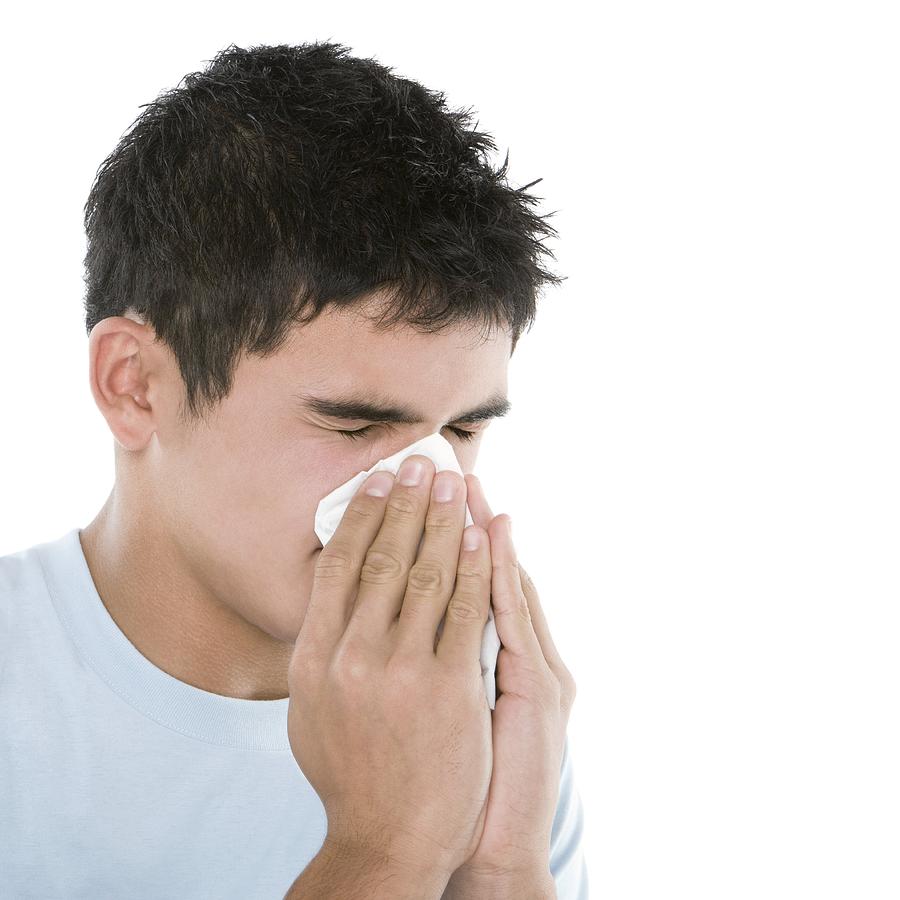BEND, OR -- Many Central Oregonians are used to suffering through allergy season beginning in mid to late March. But, this year, those allergic to juniper pollen are already struggling with symptoms, thanks to our unseasonably warm winter. Bend Memorial Clinic allergist Dr. Adam Williams is already receiving lots of calls from suffering patients seeking treatment. He tells KBND News juniper pollen levels are already 10% of peak. "I’ve been here 7 years, and this is definitely the earliest I’ve ever seen juniper season hit. A couple years ago, we had a little beginning of it in early March and that was, to me, very early. But, this beats that by a lot."
Dr. Williams says this year's allergy season could drag on. "Honestly, it’s a little difficult for me to anticipate, just because it’s so off the charts early. It largely depends on what the weather does. I would say that if we get a lot of rain and wind, it could blow a lot of the pollen out of the little cones on the juniper trees, and it may end up being a shorter season. But, if it stays nice and warm like this, I could see this being a very long season, probably ending the usual time in mid- to late-April."
Temperatures are predicted to remain in the 50s and 60s for the next week, with only a 10% chance of rain over the weekend. He says unless Central Oregon gets a rain or snow storm soon, other seasonal allergies will move up the calendar. "The other trees, like the aspen and cottonwoods- we don’t have a ton of those here, but we do have people around town who are sensitive to them- those will probably come early as well. So, those would be as early as March and early April; then grasses could certainly come early May instead of late May."
That means, allergy sufferers need to seek proactive treatments sooner than normal. "Typically, I tell people we don’t need to start worrying about allergies in Bend-proper until St. Patricks Day-ish. And, if it’s been going on for at least a week or two, now, we’re looking at 4-6 weeks early," says Dr. Williams. He suggests patients contact their allergist or primary care physician now to discuss what help is available for symptom relief, and when they should seek treatment, given how early the season has arrived.




